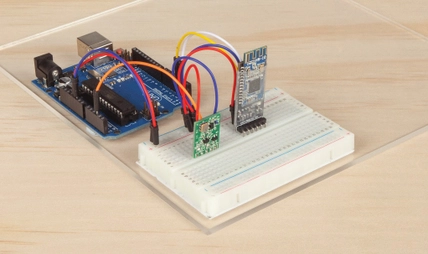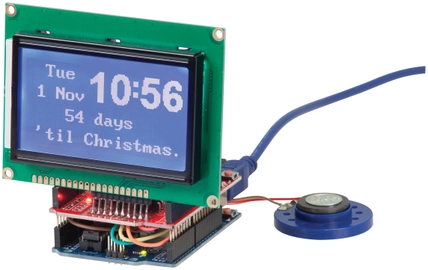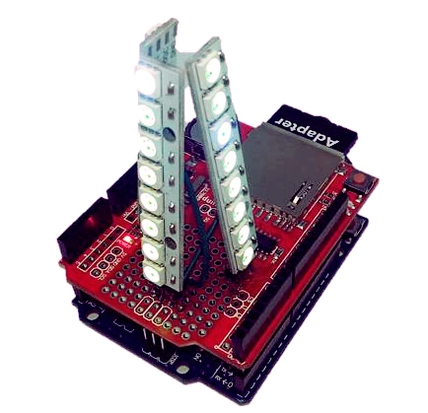All Projects
Explore our variety of creative microcontroller projects for all levels, ready to build with parts from our range
Have your own project idea?
New to microcontroller projects? Our XC3900 Duinotech Learning Kit has everything you need to get started with Arduino.
Build your own GPS tracker:
Use relays effortlessly with this simple two-part setup! Simply connect any device you want to test or activate to the relay module; then use the in-built phone app to control them whenever you want.
This is an easy project to assemble- just one main board and two shields, but gives a fully functional, easy to read clock display which retains the time, even when disconnected from power.
Wondered what goes into Solar charge controllers? And what makes MPPT better than any of the others? Find out yourself, by making this Solar MPPT Charge Controller project. Uses a simple Arduino Nano to control and regulate the flow of power from the panel to the battery, and has a output relay to automatically turn off when the Battery gets too low. A great project for DIY amatures and solar aficionados.
The Master Datalogger Project, with Google Cloud Platform!
Control a collection of power points with your phone app.
This project probably has the most parts of any of the ones we have done but is sure to help spread some Christmas joy.
Shake the box to find what you get in this magic 8-ball styled Christmas gift game.
One of the ideas that sprung to mind when we first got in the XC4380 LED Strip Module was that it would be great for displays like Christmas lights.


.jpg?branch=uat_new&format=webp&width=428)
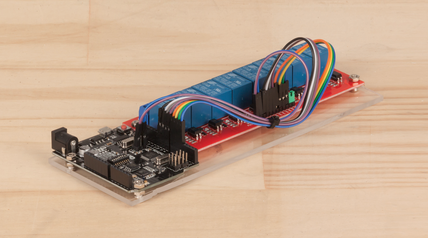
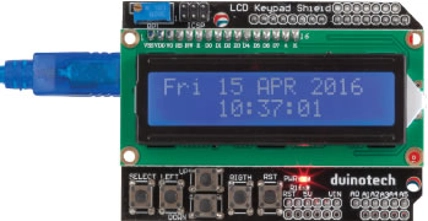
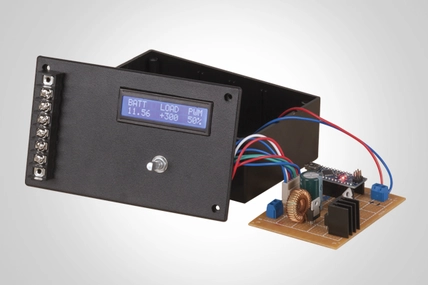
.jpg?branch=uat_new&format=webp&width=428)
